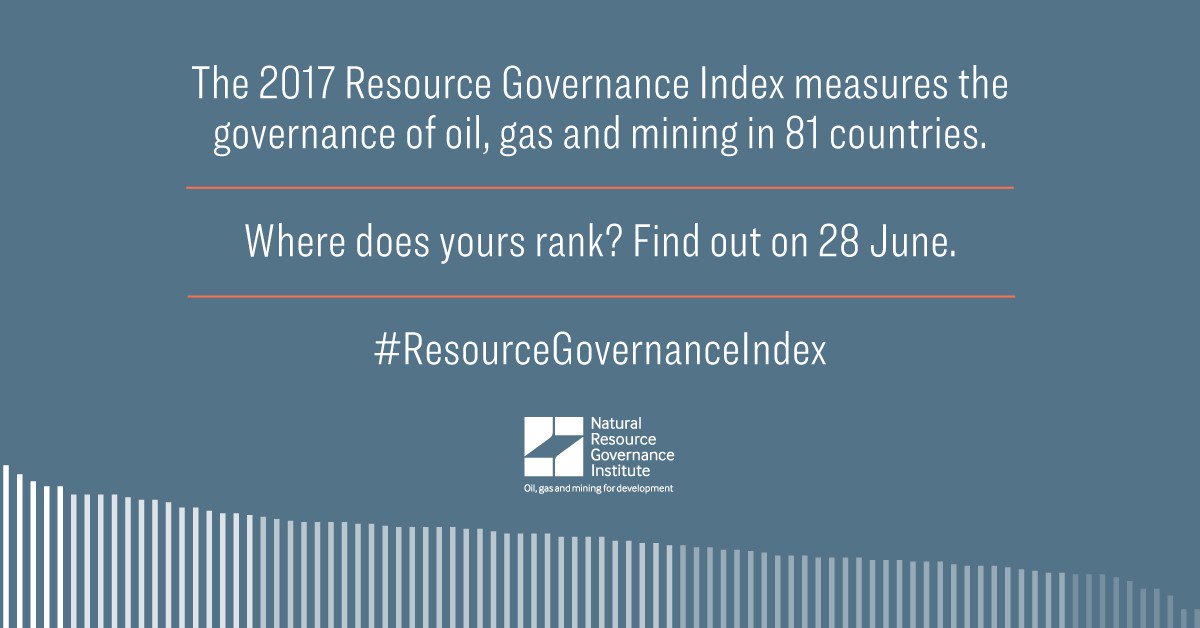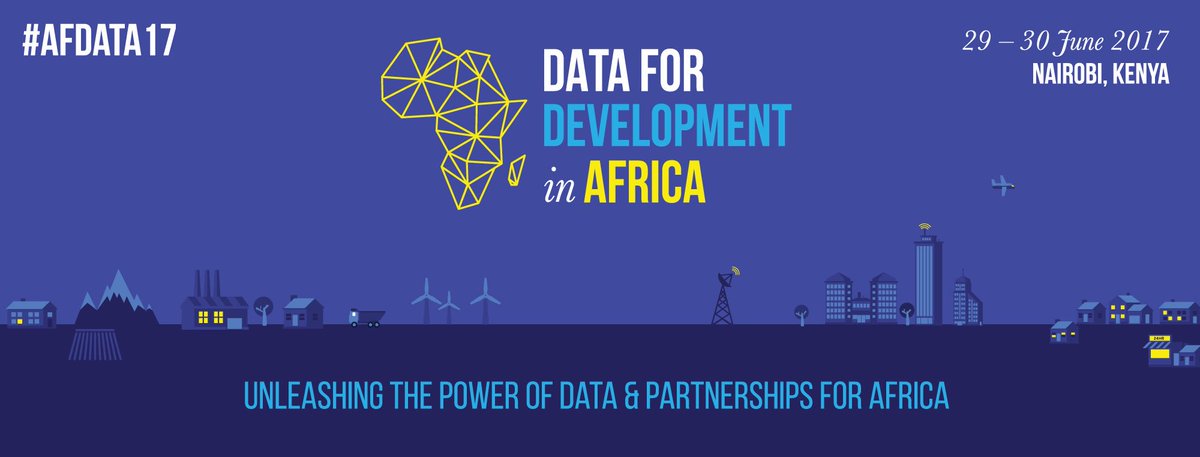Hi Q-MHI Africa readers!
STOPPING LEAKS
Last year was a tough one for Africa, particularly for sub Saharan Africa’s economy. Growth slowed in two-thirds of the countries, which account for 83% of the region’s GDP, according to the IMF. Overall growth ended up around 1.4% in 2016.

And the road back to the healthy growth seen between 2011-2014 will be bumpy. It will require much better economic policy planning, posits IMF’s Africa director, Abebe Aemro Selassie, speaking at a briefing at the Center for Strategic and International Studies in Washington DC this week.

In his guidance for African governments looking ahead, Selassie borrowed an old saying. “The best time to fix the roof is when the sun is shining,” he said. The tendency for African economic custodians to rush to fix the leaks during the very real economic rainstorms the region faces with regularity is a habit that has too many long-term consequences to be allowed to continue.

IMF still believes the region will rebound to around 2.5% growth in 2017 but sees that recovery as “fragile” and worries that at the current pace sub Saharan Africa will continue to “fall well short of past trends and barely exceed population growth.”

Oil producers like Nigeria and Angola along with the CEMAC nations (Gabon, Cameroon, Central African Republic, Chad, Congo Brazzaville and Equatorial Guinea) need the most urgent fixes to macroeconomic policy but possibly also the toughest. Of the several fixes needed, Nigeria and Angola should each have a more flexible monetary policy, says IMF as we’ve discussed before about the naira.


And while some more diversified economies including Kenya, Côte d’Ivoire and Senegal, have been doing well with expansionary fiscal policies and economic growth between 5% and 7.5%, IMF cautions now may be a good time for fiscal consolidation. Public debt is mounting in these countries even as borrowing costs rise.




Commodity prices are recovering, but at a much slower pace than could be hoped and monetary policy is returning to normal in the United States with increasing interest rates. These two things mean there’ll be fewer external financing options in the near term for African countries. In other words, there will be even more emphasis on “appropriate” national economic policy frameworks than in the recent past.
Fix the roof. Now.
Yinka Adegoke, Q-MHI Africa editor
STORIES FROM THIS WEEK





Chinese demand for rosewood furniture is decimating Africa’s mukula trees. The making of traditional Chinese furniture is an art that dates thousands of years. But the expanding demand for hardwood is endangering the mukula tree, a slow-growing hardwood found in central and southern Africa.


 A lost 12th century trading city has been found under an Ethiopian town. Local myths have for years believed that giants once populated Harlaa town in eastern Ethiopia. Now, a two-year archaeological excavation has found an ancient trading city connected with cities across the Middle East, Africa, and India.
A lost 12th century trading city has been found under an Ethiopian town. Local myths have for years believed that giants once populated Harlaa town in eastern Ethiopia. Now, a two-year archaeological excavation has found an ancient trading city connected with cities across the Middle East, Africa, and India.
World Bank’s bet on private finance could very well hurt poverty reduction. World Bank wants to reinvent itself from a lender for development projects to a broker for private investment. But this shift is problematic say Felix Stein and Devi Sridhar, not the least because it fits less with the goal of making development work for the world’s poorest people.




How matatus buses made Nairobi’s unique identity—and helped shaped a nation. If you’ve been to Nairobi, you must have taken or seen the matatu buses that dot its traffic-clogged streets. And while many see the buses as little more than a noisy, garish way for residents to get around, Kenda Mutongi argues in her new book that they have been instrumental in the city’s economy, culture, politics, and street life for decades.



The quest to find Muammar Gaddafi’s lost treasures returns with some clues. The death of the Libyan dictator in 2011 triggered an international hunt to recover his wealth across the world. As Lynsey Chutel explains, a 300-page United Nations report now details clues to how the late leader’s riches is hidden across Africa—from South Africa to Kenya, Ghana, and beyond.


Climate change could destroy the Arabica coffee bean in Ethiopia.Ethiopia is Africa’s largest coffee producer, and is the birthplace of the Arabica coffee that accounts for 70% of global coffee production. But a new study shows decreasing rainfall and rising temperatures could render its coffee-growing areas unsuitable for cultivation by the end of the century.


Africa has become the world’s testing ground for commercial drones. Most of the time over-cautious regulation has hampered innovation and experimentation in many African countries. But Lily Kuo finds when it comes to commercial drone operations, countries including Rwanda, Cameroon, Uganda and Morocco are becoming global leaders due to an absence of onerous regulation relative to countries like the United States.
CHART OF THE WEEK



Could Nigeria lose its fourth largest mobile network to dollar debt?The recession, currency slide, and the shortage of dollars in Nigeria has created problems for industries like aviation. But as Yomi Kazeemreports, the devaluation of the naira has contributed to the buckling of Etisalat Nigeria under the weight of a $1.2 billion debt. It has struggled to service dollar debt payments with a devalued naira.

OTHER THINGS WE LIKED




The dream of North Korea is still alive in West Africa. During the Cold War, North Korea’s anti-US influence in Africa was manifested in the training of soldiers and building statues and presidential palaces. As Monica Mark writes in BuzzFeed, these days that cause is still carried on by a few thousand fervent believers in Nigeria.



Tracing Nina Simone’s time in Liberia. The South African singer Miriam Makeba invited the legendary American singer Nina Simone to Liberia in 1974. As Katherina Grace Thomas documents in Guernica magazine, Simone accepted the invitation to move from New York to Monrovia to, as she wrote, “find some peace there, or a husband. Maybe it would be like going home.”
KEEP AN EYE ON






South Africa to release employment data for first quarter (June 27).South Africa’s unemployment levels are a fourteen-year high, with more than six million people out of work. On Tuesday, Statistics South Africa will release the quarterly employment figures.

NRGI to unveil the Resource Governance Index (June 28). Natural Resource Governance Institute will launch the 2017 Resource Governance Index on Wednesday (June 28) in London. The index is said to include new assessments of oil, gas and mining governance in 81 countries.

Data for Development in Africa (June 29-30). The two-day conference in Nairobi, Kenya will bring together governments and private stakeholders to discuss and demonstrate how data innovation can improve lives and livelihoods across Africa.
Q-MHI 










Tidak ada komentar:
Posting Komentar